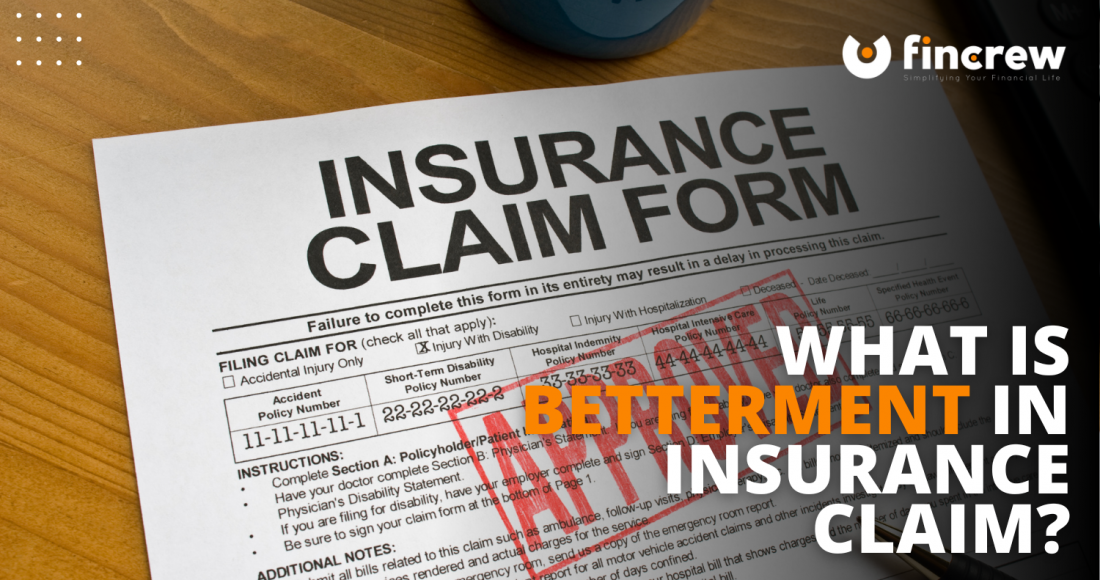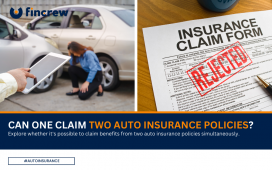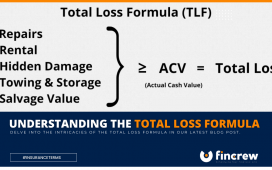Have you been in a car accident where your vehicle required a replacement part? Once you filed a claim, you discovered that you have to pay for something called “betterment.” If you were surprised by that, let us tell you that you are not the first. There is often confusion on the specifics of betterment and how it works. Please read our short guide that explains this term and everything related to it.
The Principle Of Indemnity
The first thing to clarify is that betterment is a part of many insurance policies in Malaysia. That means the insurance companies offering the betterment are doing everything by the book and following the law. Now, let’s imagine that your car participated in a car accident. For example, a negligent driver hit you from behind. After you filed a claim of negligence, it turns out that you need a replacement part. One important thing to know is that the agencies process these negligence claims by using the principle of indemnity. That involves compensating the damage in a way to return everything to the previous state. The simpler explanation is that the insurance company will try to put you back in the same place as if the accident never occurred. For example, let’s say that you need a replacement part after someone hits you from behind. Once you request for a claim and it turns out that there is a 100% liability, that means you are not to blame for what happened. However, betterment is still applicable when calculating repair costs.
What Is Betterment?
Betterment is the sum you have to pay when your replaced vehicle part is substituted with a new one. The best way to explain why it exists and how it works is through an example. You are driving a six-year-old car and require a replacement part after it was damaged in an accident. The insurance company approved the new components but also included a betterment cost that you have to pay. That is because the car and the part are both six years old, but the component you are getting is brand new. It means you are getting an upgrade, and betterment is there to even things out. Betterment only applies if you are getting a new part. The sum you will have to pay depends on the age of your car. Here is the table that explains the percentage applied when calculating the betterment:
|
How old is your vehicle? |
The percentage you have to pay |
| Less than 5 years old | 0 |
| 5 | 15% |
| 6 | 20% |
| 7 | 25% |
| 8 | 30% |
| 9 | 35% |
| 10 and more | 40% |
That means there is no betterment fee for a relatively new vehicle. It is also important to mention that betterment is only applicable if you want a new component instead of the old one.
Join Fincrew Official Youtube Channel
Is There A Way Around The Betterment?
The betterment factor only applies when the parts you are getting are new. You can ask for second-hand components to avoid paying the betterment fee. However, please bear in mind that you won’t be getting a new part, which can be a huge risk. Additionally, some policies have the so-called “waiver of betterment” available. That means you can purchase an add-on and don’t pay anything if the betterment factor comes into play. Instead, the insurance company will cover all expenses.







What if you insured at agreed value with 0 excess?